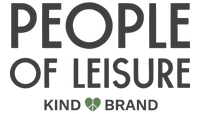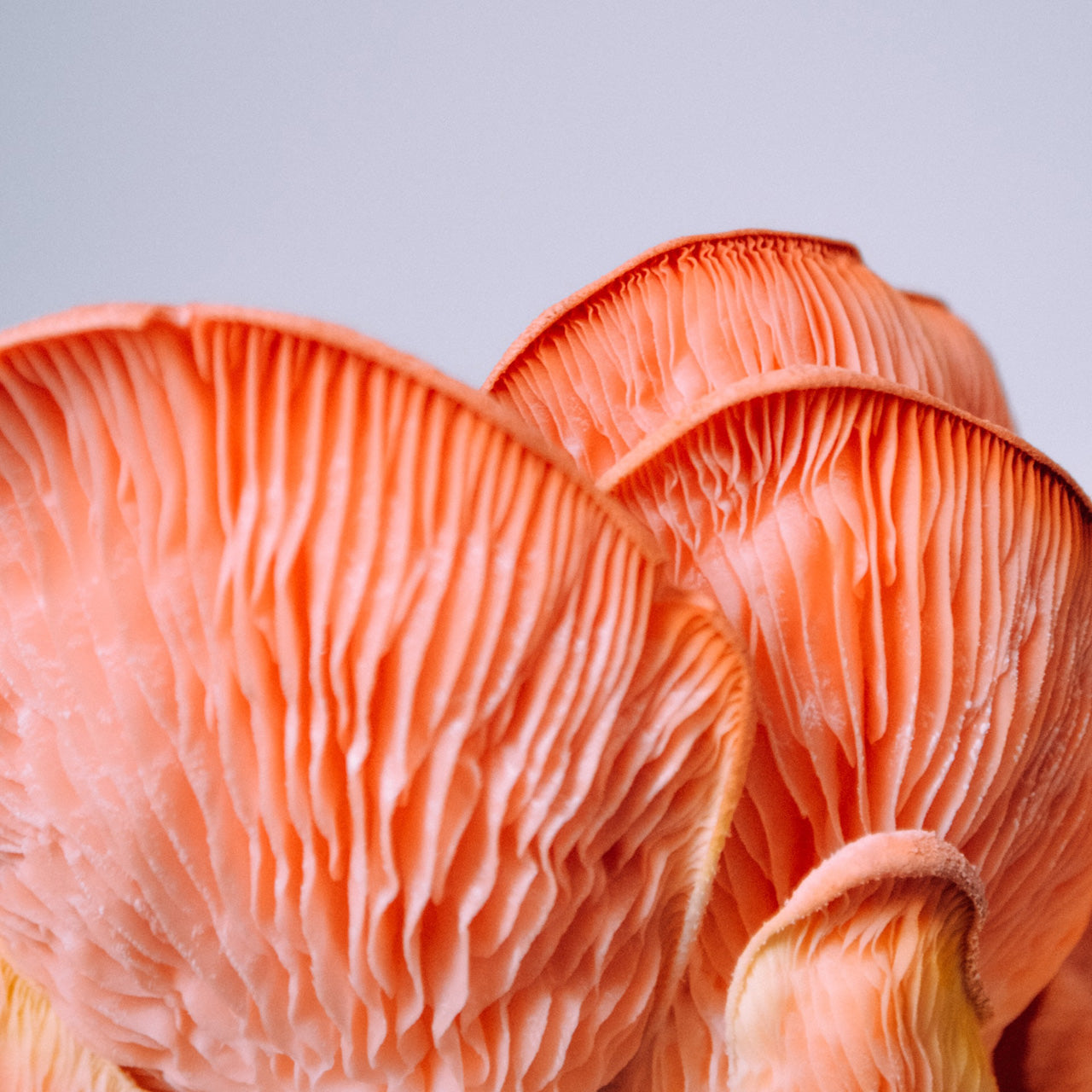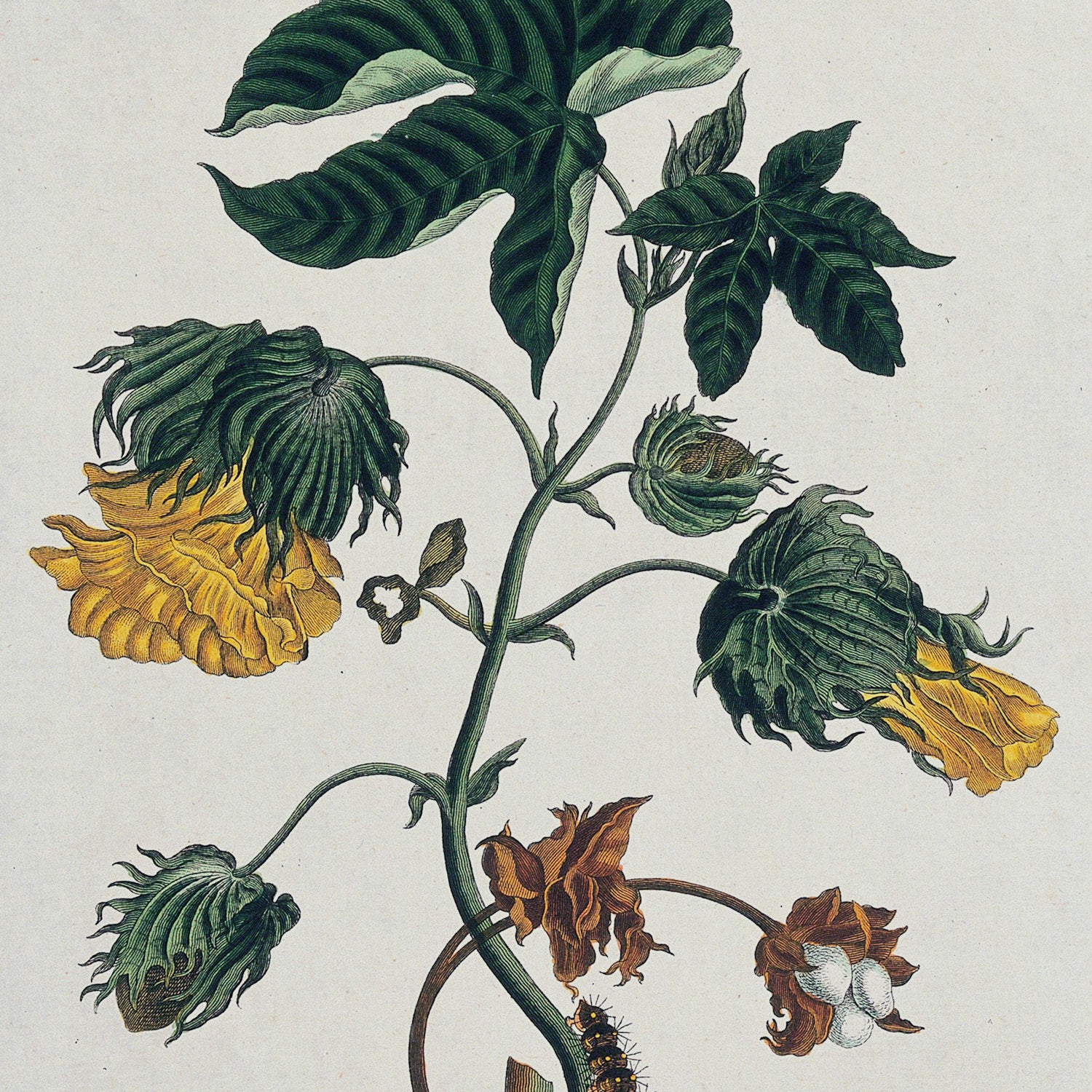Before humans had synthetic pesticides, synthetic fertilizers, genetically modified organisms (GMOs), or ionizing radiation. We simply had the earth. We foraged our food from the surrounding land, only taking what was available and in season. Our skincare and hygiene products were harvested and made by hand. The clothing we wore was created from pure cotton and if dyed, we used plants. This way of living was not easy or always convenient but we moved with the earth instead of pushing it to go faster.
Unfortunately in our man-made society, we’re a far cry from this way of life. Yet, we’re beginning to wake up again, seeing the pressure that we put on the earth. We're seeing that overfarming, overgrowing, and mass-producing are harming us and the planet we call home. To get back to the symbiotic relationship we once had, we’re rethinking how we create what we need. This is where organic comes in.
There was a time (namely the 70s and 80s) when “organic” was the elusive section at the supermarket. Reserved for hippies and those willing to spend top-dollar on fancy apples. But then the Organic Foods Production Act of 1990 was passed. The act called for national organic standards for farming. This created a shift in farmers turning to organic methods and it became more widely recognized as a better alternative.
The act also led to the creation of the National Organic Program (NOP). “NOP is a federal regulatory program that develops and enforces consistent national standards for organically produced agricultural products sold in the United States.” If it weren’t for NOP, the organic label could be put on anything without being vigorously tested.
When considering the importance of what we put in our body. The organic label is also important for what we put on our skin. Today, we see the organic stamp on cosmetics, cleaning supplies, and clothing. However, turning to organic alternatives, specifically for clothing, is better for the earth as well.
This is especially seen in Cotton production as it’s been deemed “the dirtiest crop in the world.” Unfortunately the cotton crop attracts large amounts of insects and pesticides. As a way for farmers to maintain the health of the plant, it's sprayed with large amounts of insecticides and herbicides. Not only do these potent chemicals leach into the soil but they’re also transferred to the cotton products we use. Think of all the cotton in your home: towels, bedding, clothing, q-tips, underwear, toilet paper, and the list goes on.
Alongside, cotton production uses a tremendous amount of water. It takes 10 tons of water to produce enough cotton to make one pair of jeans. The benefits of organic cotton make it an important alternative for the health of the planet. There are no synthetic chemicals for growing it, it takes almost 100% less water to produce, it's lower in energy demands, and CO2 emissions.
Deciding to switch to organic not only impacts the longevity of our health but also impacts the longevity of the health of our planet. In supporting the organic movement we’re supporting a better way of caring for the earth. This is why People of Leisure is dedicated to using organic cotton and clean crops like hemp, to create their clothing. As consumers, it's up to us to make the choices that can impact our health and the health of the earth.





